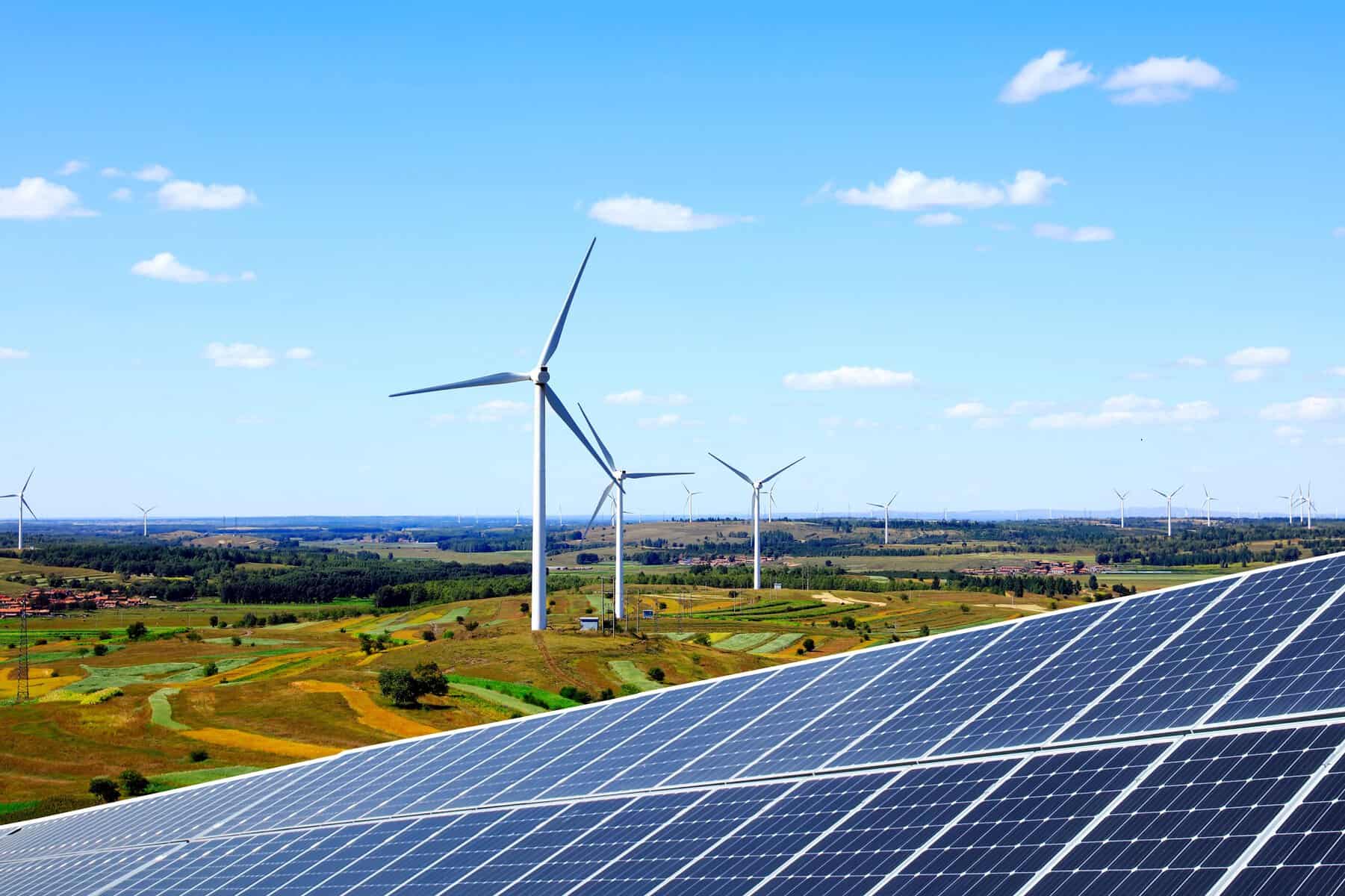Lynas signs Zenith contract for Mt Weld hybrid power station

Lynas Rare Earths (ASX: LYC) and Zenith Energy have signed contracts for the supply of power to Lynas’ Mt Weld mine and concentration plant in WA.
The power will be supplied via a 65MW hybrid power station comprising of a 24MW wind farm, a 7MW solar PV farm and a 12MW battery energy storage system.
Additionally, the renewable facility will be supported by a 17MW high efficiency gas fired power station.
To provide redundancy in the back-up system for 24/7 operations, 5MW of diesel standby generation will be installed.
Under a power purchase agreement, Zenith will finance, build, own, operate and maintain the new hybrid power station at Mt Weld for 15 years. The agreement will begin from the installation of the wind farm which is scheduled for 2026.
Following the signing of an early works agreement in 2023, early works are underway and include construction of the thermal power station and orders placed for long lead items.
The power station will deliver up to around 70% average annual renewable energy as well as reliable baseload thermal capability.
It’s forecast the power station will reduce greenhouse gas (GHG) emissions by around 60kt CO2-equivalent per year when compared to a diesel-only power station of equivalent size.
Once fully operational, the hybrid power station will have the ability to deliver ‘engine off’ operation, providing renewables-only power during periods of high renewable energy production.
Lynas managing director and chief executive Amanda Lacaze says the company is looking forward to working with Zenith.
“As part of our commitment to reducing GHG emissions and progressively transitioning to cleaner energy sources, the existing Mt Weld diesel power plant will be decommissioned as soon as the thermal power station is completed,” she said.
“Moving away from the legacy diesel power plant to a gas-firmed hybrid renewable power station is a significant step in reducing the GHG emissions intensity of our Mt Weld operations.
“Pleasingly, our commitment to renewable sources also offers a lower unit cost of power compared to a thermal-only power solution.”
The thermal power station is expected to be completed in the first half of 2025 with renewables such as solar, wind and battery storage, to be installed progressively with full operation anticipated in 2026.






















